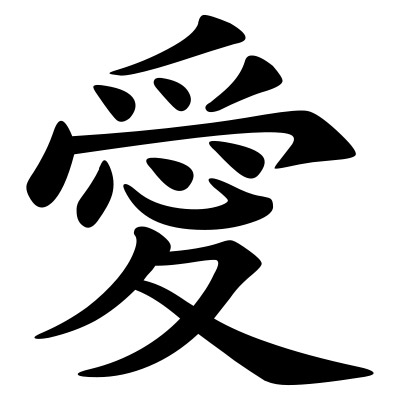It’s a Matter of the Heart!
I received some really great comments from the last article. When asked, “Have you ever felt really loved,” Dou4now wrote,
Once very strong and very intense, but by my mother while I was deathly ill, did I feel really loved and cared for, but since then, never, ever yet again. Lots of lovers but no real loved feelings.
Dear Dou4now,
Thank you for taking the time to send this comment. First, I am very happy, even if only once, you experienced love at a very critical time in your life. That “strong and very intense” love of your mother may have saved your life. I thank God for that love you experienced.

However, I find the last part of your comment very compelling. You say, “Lots of lovers but no real loved feelings.” What then is a “lov-er”? Isn’t it amazing how we accept the language of love like “lov-er” without the genuine reality of love? This is a contradiction. Why do we call someone a lover if they don’t love or we don’t love? Who were these people anyway? What were they to you? Were they sexual partners? Users? Abusers? Friends? Let me know. But lovers? I don’t think so.
A lover is one who loves, and although love may be hard to find, it is never impossible. We have to know where to search for love and what love really is to find it. These are very important and hard lessons many of us have never been taught to master. How and where do we find love?
First, there are different kinds of love and our one English word is really inadequate to fully understand love. As you know other languages and cultures use different words and symbols to represent love.
In Chinese the following character is a traditional symbol used for love.

It is a beautiful symbol called ai, and it is said to express a gentle emotion. A 4th-century Chinese philosopher named Mozi developed the concept to counter the then-popular Confucian view that love was restricted to family and clan. For Mozi, love was to be universal, unconditional, and offered without regard to reciprocity but to everyone. Later, ai was adopted by Chinese Buddhists to refer to a passionate, caring love and was considered a fundamental desire.
I think an interpretation of the Chinese character ai could help us understand the deeper meaning of love. Ai (愛) consists of a heart (心, middle) inside of “accept,” “feel,” or “perceive” (受). The symbol can also be interpreted as a hand offering one’s heart to another hand.
From this one symbol, we see love involves the heart. In fact, the heart is at the very center of the character and is central to its meaning. From this symbol we might say there is no love without the heart accepting, feeling, and perceiving. However, this is hard because our hearts are very, very tender, and yet love at its core involves our hearts and our hearts being given — and being given away to another. Wow!
The sacred texts also speak volumes about love and the God of love. For example, in Judaism, sacred texts speak often about the loving-kindness of God: “Oh how excellent is your loving-kindness O God … . therefore, humans can put their full trust in one who is loving and kind.” (Psalm 36:7) Another sacred text recited often is the command to love God “with all your heart, all your soul and with all your strength.” (Deuteronomy 6:5)
The language of the Qur’an is similar. At the beginning of every chapter in the Qur’an, God is referred to as Ar-Rahman and Ar-Rahim, or the “Most Compassionate” and the “Most Merciful”, indicating that nobody is more loving, compassionate, and benevolent than God. The Qur’an refers to God as being “full of loving kindness.”
Christian sacred texts say “God is love” or the fundamental being of God is love. They also record stories of God who loves us so much that God gave his own son Jesus for our eternal life and glory (John 3:16).
According to many religious traditions, love is the highest goal and the very nature of the divine. Love is very special. And yet why like Dou4now have so many of us never felt really loved? After feeling loved once, Dou4now “never, ever again” experienced real love. How can we experience real love? That is the fundamental question poised in this essay, and I would like to offer an answer.
Open up your heart to accept, perceive, and feel loved because you are loved. You are the beloved son or daughter of a sheltering God who loves you very much, who loves us all very much. Open your heart to love yourself and to love another human being. Sit often alone or with others and be inspired by the beauty of a sunrise or sunset; or by the mountains, oceans, or trees; or by a child or a pet; or even by reading the sacred stories, hearing the personal messages of love from the Lover to the Beloved. Open your heart to be loved and to love. That is the Circle of Love, and it’s a matter of the heart.



